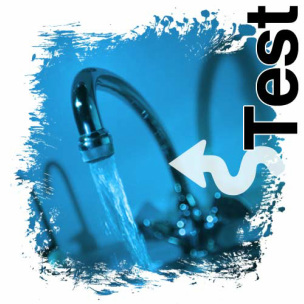|
|
Water Testing Labs
Gas well drilling can impact groundwater resources that are the source of water for household water wells and springs. A single gas well can produce hundreds of thousands of gallons of waste fluids during drilling and during years of gas production. As gas well drilling operations increase in size and scope across Pennsylvania, environmental concerns about their effects are also growing.
CWM Environmental 11931 State Route 85, Kittanning, PA 16201 724.543.3011 www.CWMenvironmental.com ----------------------------------------------------------------------------------------------------------- Some basic testing parameters are:
-------------------------------------------------------------------------------------------------------------- Can't Afford to Have Your Water Tested? Here's a group that might be able to help you. ShaleTest.org is a non-profit organization that will collect environmental data, and provide environmental testing to lower income families and neighborhoods that are effected by natural gas exploration. |


